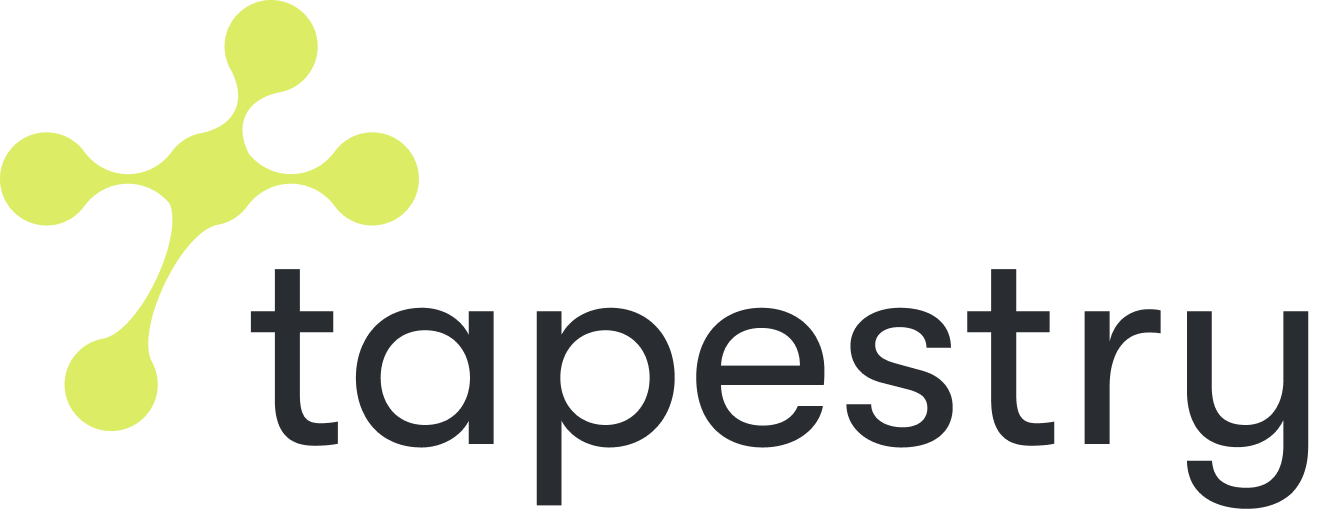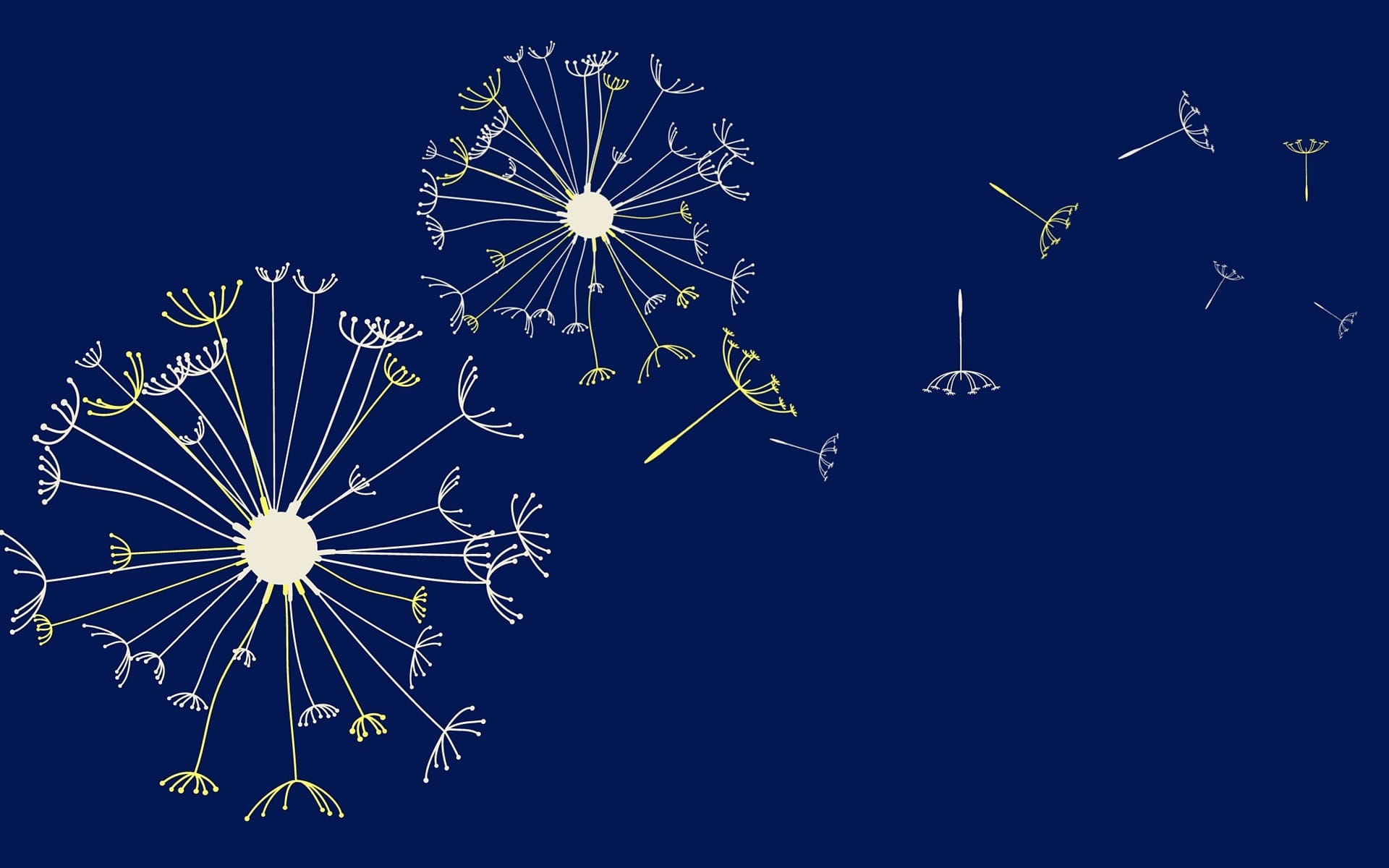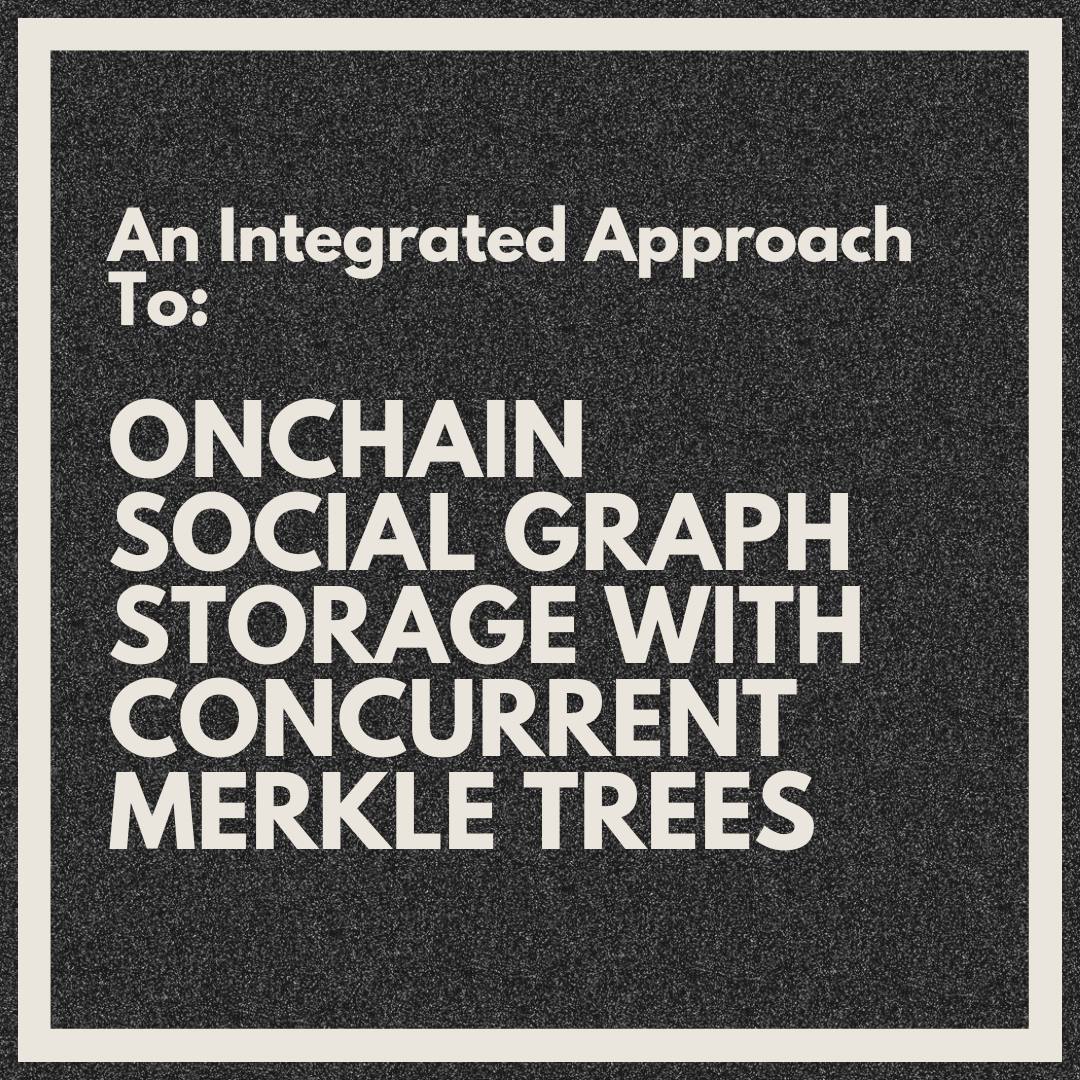Developing on closed, permissioned social graphs can be a Faustian bargain. While the platform needs your app to help it grow, it is happy to keep you around. But the minute the scales tip in favor of the platform, the music stops and the party is over.
We have seen this story play out time and time again. After growing lightning fast on Facebook and introducing new social mechanics to the platform, Farmville shut down when Facebook revoked access to their Graph API. Tweetbot, Twitteriffic, and Fenix all had to shut down when Twitter abruptly and unilaterally revoked access to its API – even for paying customers! The App Store, meanwhile, has been notoriously strict in reviewing apps that enable users to transact with NFTs.
The users of these products admirably rallied to support the developers. But what if there was another way to access the benefits of social graphs without the ever-looming existential threat of deplatforming?
A completely open, permissionless social graph could solve this problem forever. Instead of blindly trusting platforms to keep their APIs open, we could instead develop on an open protocol that we don’t have to trust. Instead of “don’t be evil”, we’d rather work in a system that “can’t be evil.”
That’s why we’re developing Tapestry – to bring social data onchain and return sovereignty to the developers and users of social graphs. Innovations like DeFi, art NFTs, stablecoins, and liquid staking have disintermediated gatekeepers and rent-seekers and expanded financial opportunity across the globe. We believe it’s time to do the same with our social lives and social data. Only decentralization can save us from the gatekeepers.
If you’re building a product and you’re interested in bringing your social data onchain, please reach out – we’d love to get in touch. Join us on our mission to make a better internet.





